What Is Data Science? Which Is Better Data Analytics Or Data Science?
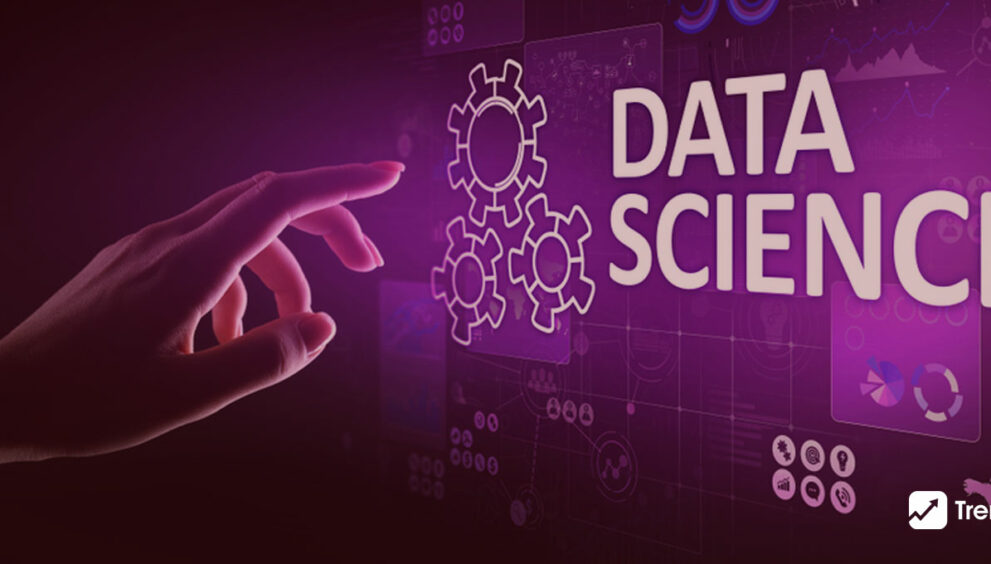
Data science, one of the most highly debated disciplines in IT, is essential to many industries given the vast volumes of data being produced today. Since data science has become more and more popular, corporations have begun to use it to expand their operations and improve consumers’ interests.
Data science is an interdisciplinary field with the goal of extracting useful information from massive quantities of unstructured and structured data. The focus of the field is mostly on discovering solutions to mysteries. In order to find solutions to problems that haven’t yet been thought of, data science specialists employ a variety of methodologies, combining computer science, predictive analytics, statistics, and machine learning to analyze vast datasets. The data scientist works with enormous amounts of data using cutting-edge tools and methods to uncover hidden patterns, glean valuable information, and make business decisions. Data science creates predictive models using a sophisticated machine learning algorithm.
A large number of people wonder what is big data and what the difference between big data and data science is; Big Data is dealt with by data science and data analytics, each using a different strategy. Data Analytics falls under the category of data science. Mathematics, statistics, computer science, information science, machine learning, and artificial intelligence are all combined in data science. Data mining, data inference, predictive modeling, and the development of ML algorithms are all included in this process, which aims to discover patterns from large datasets and turn them into useful business strategies. However, statistics, mathematics, and statistical analysis play a large role in data analytics.

To gather insights and influence organizational strategy, data scientists use programming, mathematics, and statistics. Machine learning, data modeling, and the use of algorithms to automate processes are all skills that data scientists excel at. Data scientists also need domain expertise, or an understanding of their business or firm, to provide context for the data they work with, as valuable data is field-specific. For instance, research in the medical field can aid in illness prevention, diagnostics, or even train computers to read MRI or X-ray images.
To assist detect patterns, spot problems, comprehend consumer behavior, and propose solutions that support strategic decision-making, data scientists collaborate closely with executives in sales and marketing, product development, information technology, finance, and business. Let’s examine the importance of above discussed field in the current IT landscape now that you are familiar with what it is.
How Does Data Science Facilitate Us?
Data science is important in fields other than everyday business operations. Its applications in healthcare include disease diagnosis, picture analysis, therapy planning, and scientific study. Academic institutions employ data science to track student progress and enhance their recruitment efforts. It is used by sports teams to monitor player performance and formulate game plans. Other significant users include public policy organizations and governmental bodies.
There are several fields of general statistics and analysis known as “data analytics” that help merge various data sources, find correlations, and make the results more understandable. Data scientists are more concerned with finding the proper question to ask than they are with obtaining precise answers. Their major purpose is to pose questions and identify potential research areas. Experts achieve this by;
- Foreseeing prospective trends
- Investigating a variety of disjointed data sources
- Developing more effective information analysis techniques
Almost all facets of corporate operations and strategies benefit from data science. Data science for small businesses, for instance, gives businesses knowledge about their clients so they can develop more effective marketing strategies and more focused advertising to boost product sales. In factories and other industrial settings, it helps with risk management of money, fraud detection, and equipment breakdown avoidance. It aids in thwarting online threats to IT systems’ security.
Data science initiatives can improve supply chains, product inventories, distribution networks, and customer service from an operational perspective. Fundamentally, they provide the route to greater effectiveness and lower expenses. Companies may now develop business plans and strategies based on thorough analyses of consumer behavior, industry trends, and rivalry thanks to data science. Without it, companies risk missing out on opportunities and making bad choices.
The main goal of data analytics is to handle and statistically analyze existing datasets. In order to find solutions to today’s challenges, analysts focus on developing techniques to collect, organize, and process data. They also consider the most effective approach to convey this data. To put it more plainly, the goal of data analytics is to find solutions to situations for which we are aware that we lack the necessary information. More importantly, it’s predicated on delivering outcomes that can result in right away betterment.
Data Science Vs. Data Analytics, Which One Is Better?
Although the terms are frequently used interchangeably, but both are distinct fields, with the scope being the primary distinction. A group of disciplines that are used to mine massive datasets are collectively referred to as data science. A more specialized form of this is provided by data analytics software, which can even be regarded as a component of the overall procedure. The goal of analytics is to produce quickly usable actionable insights based on current inquiries. They handle and statistically analyze existing datasets. In order to find solutions to today’s challenges, analysts focus on developing techniques to collect, organize, and process data. They also consider the most effective approach to convey this data. To put it more plainly, the goal of data analytics is to find solutions to situations for which we are aware that we lack the necessary information. More importantly, it’s predicated on delivering outcomes that can result in right away betterment.
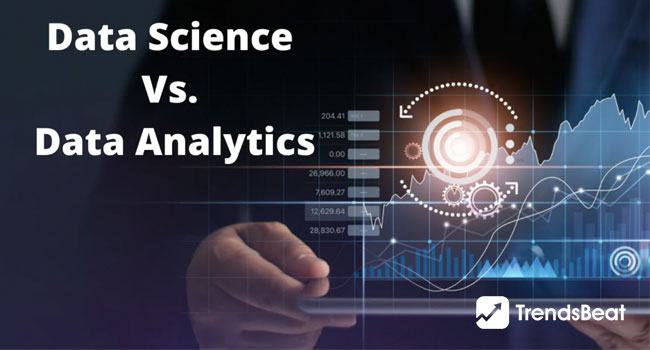
A matter of exploration is a key distinction between the two fields. The focus of data science is on uncovering insights by sifting through enormous databases, frequently in an unstructured manner. Data analysis is more effective when it is focused and based on questions that need to be answered. Furthermore, it is more interested in posing questions than in providing definitive answers. The field is concentrated on discovering more effective methods for data analysis and modeling, as well as identifying potential trends based on current data.
Professionals in data analytics are in charge of gathering, organizing, and maintaining data as well as employing programming, statistics, and other methods to draw conclusions from it. A data analyst’s job is to identify trends and offer solutions to issues. Tracking orders, making suggestions, and locating stores are a few examples of data analytics in retail. Data analysts frequently respond to decision-makers demands rather than initiating them.
It’s critical to stop contrasting these two fields as data science and data analytics when thinking about these two disciplines. Instead, we ought to consider them as components of a whole that are essential to comprehending both the information we already have and how to more effectively examine and review it.
For those who want to begin a career in analytics, a data analyst position is more suitable. For people who desire to develop sophisticated machine learning models and apply deep learning methods to simplify human jobs, a data scientist position is advised.







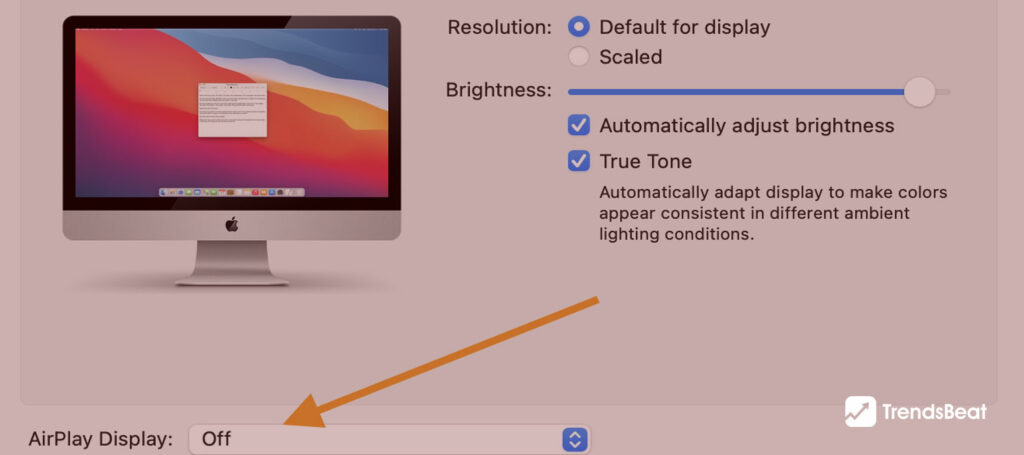














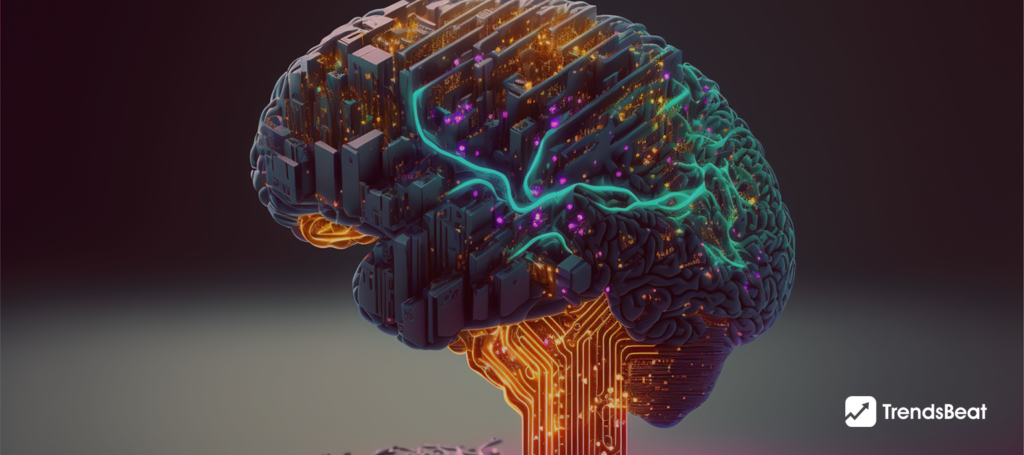


















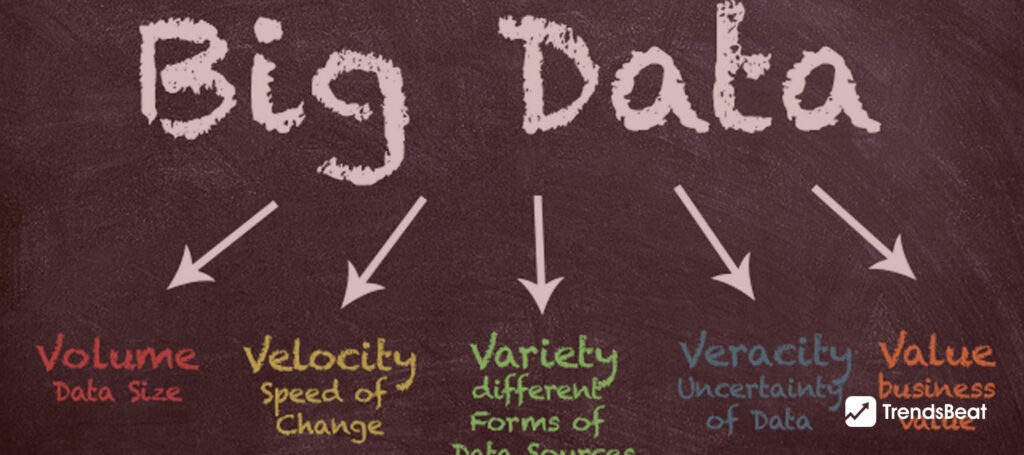







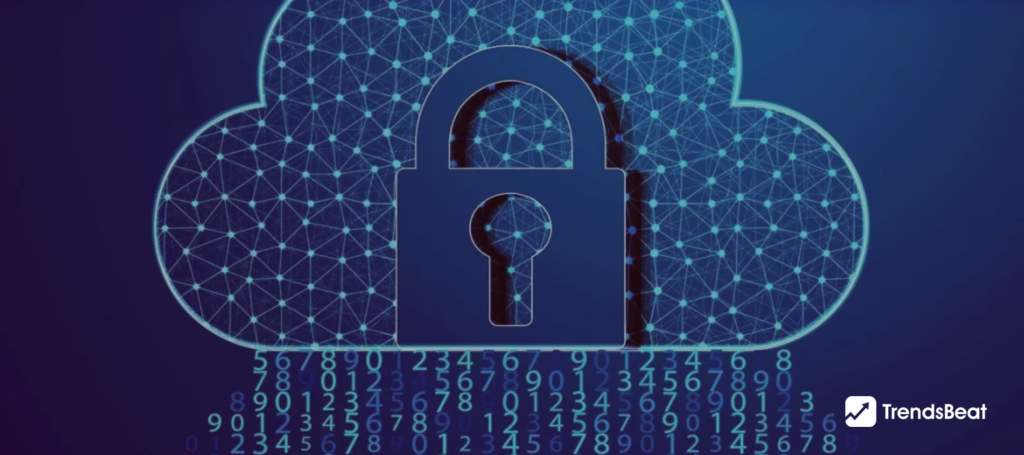






















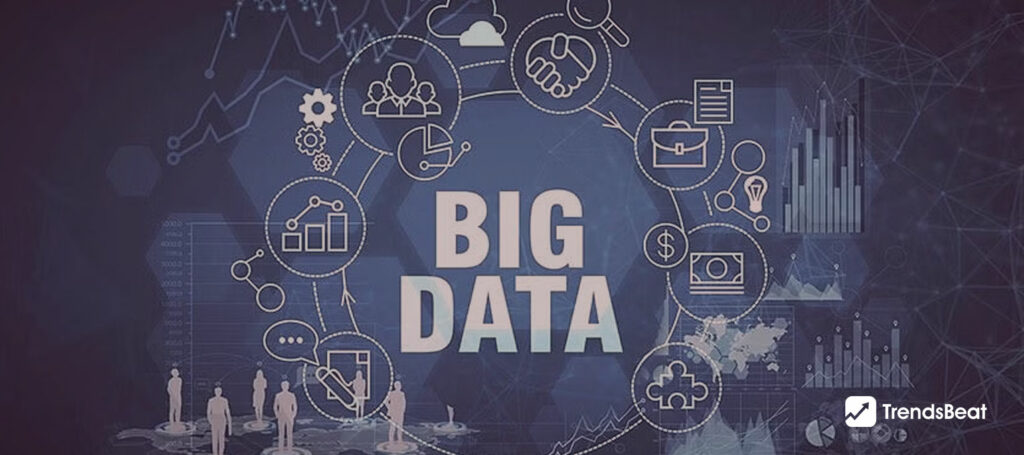






![Essential-Cybersecurity-Tips-for-Small-Businesses-[Protect-Your-Data]-TrendsBeat](https://trendsbeat.com/wp-content/uploads/2023/05/Essential-Cybersecurity-Tips-for-Small-Businesses-Protect-Your-Data-feature-image-template-1024x455.jpg)












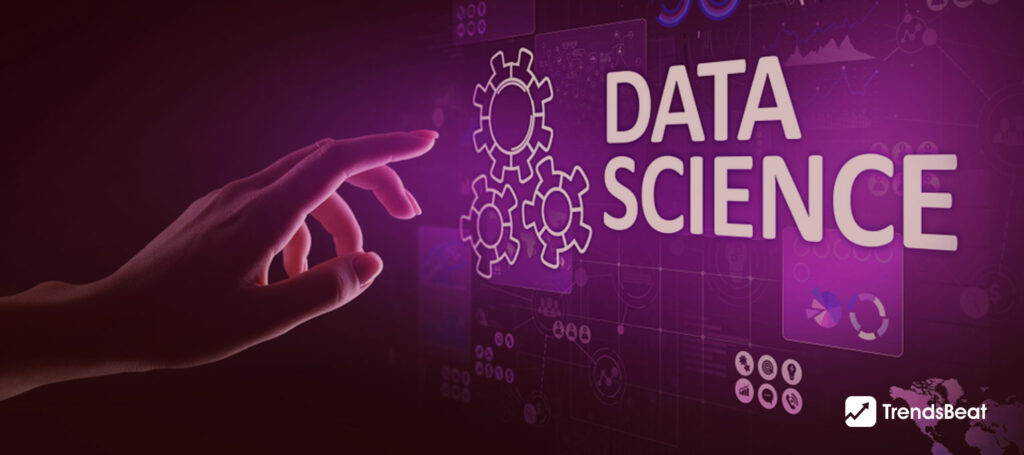





![Top Fitness Trends & Workout Routines to Follow [Stay Fit, Stay Healthy]](https://trendsbeat.com/wp-content/uploads/2023/04/feature-image-Top-Fitness-Trends-Workout-Routines-to-Follow-Stay-Fit-Stay-Healthy-1024x455.jpg)










![[Weight Loss Medication Health Effects] Side Effects and Best Advice](https://trendsbeat.com/wp-content/uploads/2023/04/feature-image-Weight-Loss-Medication-Health-Effects-Side-Effects-and-Best-Advice-1024x455.jpg)



